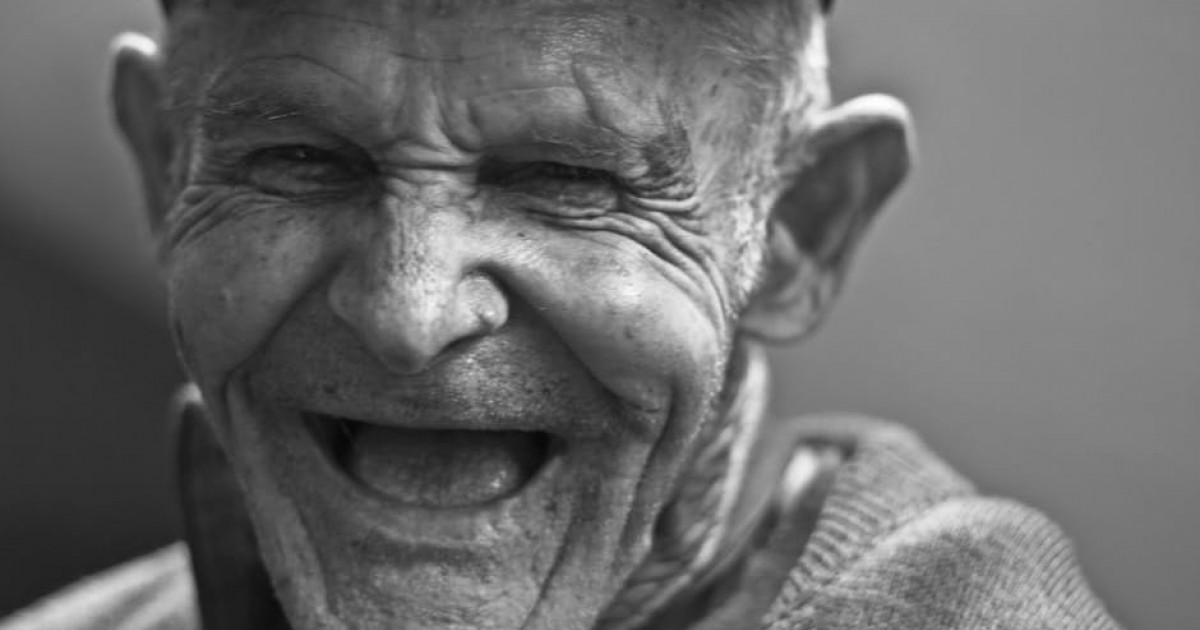Managing Happiness: A Practical Guide
Many perceive life as complex, and happiness as an elusive, temporary state often beyond their control. However, genuine happiness is not an ethereal concept dependent on external perfection; it is a profoundly internal and manageable state that can endure even through difficult experiences.
What is True Happiness?
Happiness is commonly described as a state of profound physical and spiritual satisfaction, free from problems or setbacks—a state achieved upon reaching one’s goals. Yet, many individuals, despite having their basic needs met (employment, resources, housing, family, and friends), still report feeling unhappy. This discrepancy often points to a psychological concept known as the Locus of Control (LC).
Understanding Locus of Control
The Locus of Control refers to a person’s belief about where the causes of their life events originate. It’s a continuum, not a fixed state, but individuals tend to lean towards one of two orientations:
- External Locus of Control: Individuals believe that events in their lives are primarily controlled by outside forces, luck, or fate, over which they have little or no influence.
- Internal Locus of Control: Individuals believe that their own actions, efforts, and choices are the primary determinants of the outcomes in their lives.
Cultivating Happiness Through Locus of Control
The way an individual’s Locus of Control is oriented significantly impacts their ability to experience and maintain happiness.
Internal vs. External Locus of Control and Happiness
Individuals with a predominant Internal Locus of Control:
They are more likely to take responsibility for their actions, are less swayed by others’ opinions, perceive themselves as effective and confident, and tend to persevere in their endeavors. Consequently, they often report higher levels of happiness and independence.
Individuals with a predominant External Locus of Control:
They attribute successes or failures to external forces like luck or chance. They often feel incapable of changing their situation through personal effort, leading to feelings of hopelessness or powerlessness in challenging circumstances. This orientation makes them more susceptible to experiencing “learned helplessness.”
Therefore, the manner in which we learn to manage happiness through our Locus of Control profoundly influences our emotional well-being.
The Internal Core of Happiness
Genuine happiness is an internal state of peace and well-being, distinct from fleeting emotions like joy or momentary satisfaction. As Aristotle observed, “Happiness depends upon ourselves.” Similarly, Lao Tse suggested that “happiness lies in the ability to live and enjoy the present moment,” cautioning that dwelling on the past or constantly projecting into the future fosters anxiety and stress.
When we quiet our minds, manage our focus, and fully immerse ourselves in and appreciate the present moment and who we are, we can experience a profound sense of peace and well-being. This understanding transforms happiness into a more constant and less volatile state, capable of enduring even during painful or complicated periods of our lives.
Being happy does not imply an absence of tears during a loss or stress during a difficult event. On the contrary, this internal state provides greater resources and strengths to navigate such challenges, as our perspective becomes less dependent on external circumstances. This allows us to adapt to each situation, consistently perceive a way forward, and find the guiding light within ourselves.

